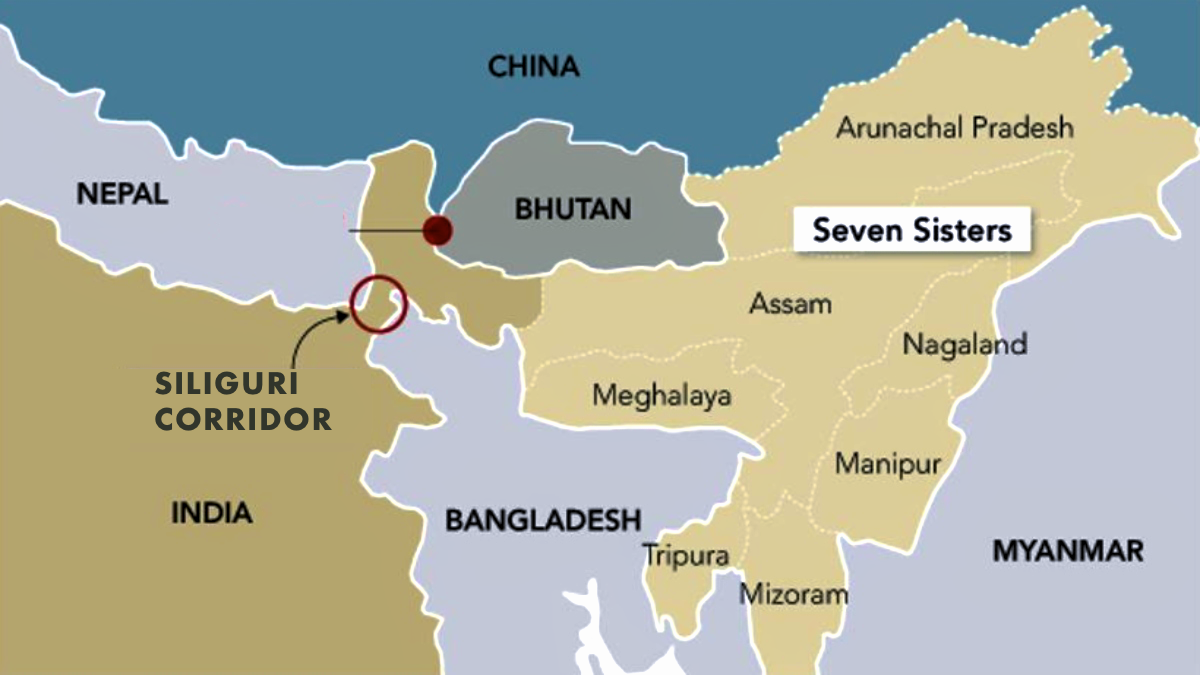India’s Security Agencies Bust ISIS-Inspired Module

In a major counter-terror breakthrough, Indian security agencies have arrested five individuals linked to an ISIS-inspired sleeper cell. The Delhi Police Special Cell, with support from multiple state police forces, claims the group was in the final stages of planning large-scale terror attacks across India. The arrests highlight both the ongoing threat of online radicalisation and the coordinated response of law enforcement.
How the Module Operated
According to official statements, the arrested suspects were radicalised through encrypted online platforms such as Telegram and Signal. Investigations revealed they were in contact with foreign handlers, allegedly based in Pakistan, and were assigned specific roles — from logistics to recruitment.
During raids in Delhi, Madhya Pradesh, Jharkhand, and Telangana, police recovered:
- Explosive precursors, ball bearings, circuit boards, and triggering devices.
- Laboratory equipment, including pH testers, is used for chemical experimentation.
- Laptops, encrypted chats, and maps of Delhi and other Indian cities.
These findings point to a structured plan resembling past ISIS operations.
Who Were the Suspects?
- Aftab and Abu Sufiyan – arrested in Delhi, residents of Mumbai.
- Ashar Danish – arrested from Ranchi, Jharkhand.
- Kamran Qureshi – arrested in Rajgarh, Madhya Pradesh.
- Huzaif Yamman – arrested from Telangana.
Officials allege the group was preparing to carry out IED-based attacks at crowded public places such as markets, transport hubs, and religious sites.
The Bigger Picture: ISIS in India
Though ISIS has lost territorial control in the Middle East, its digital networks remain active. South Asia has increasingly been a focus of expansion, with India considered a high-value target due to its size, diversity, and political importance.
Analysts note that Delhi, being the nation’s capital, represents both symbolic and strategic value for terror outfits. A successful attack there would garner global media attention.
Supporters’ Perspective vs. Critics’ Concerns
- Supporters of the government’s action argue that the swift arrests prevented catastrophic attacks and proved the effectiveness of inter-agency coordination (Delhi Police, NIA, and state ATS units). They also highlight India’s improved surveillance and cyber-monitoring capabilities.
- Critics, however, raise concerns about due process and the potential for overreach. Counter-terror operations in India have sometimes faced questions about profiling, the accuracy of intelligence, and transparency in revealing evidence.
This balance highlights the challenge of addressing security threats while safeguarding civil liberties.
Why This Matters
The bust underscores two critical issues:
- Online Radicalisation – Social media and encrypted apps allow terror groups to target vulnerable individuals.
- Cyber-Surveillance and Coordination – Effective intelligence-sharing across states and agencies remains key to preventing future plots.
India’s approach combines policing with community outreach, but experts warn that continuous vigilance is required, especially during festive seasons when public gatherings increase.
Conclusion
The arrest of five ISIS-inspired suspects is a reminder that terrorism threats in India are evolving, increasingly linked to digital radicalisation and cross-border networks. While the swift action of law enforcement likely prevented major violence, long-term solutions will require not just security measures but also efforts to counter extremist narratives online.
Disclaimer: This article is based on publicly available reports and independent analysis. Readers are encouraged to consult multiple sources for a complete picture.









No comments yet. Be the first to comment!